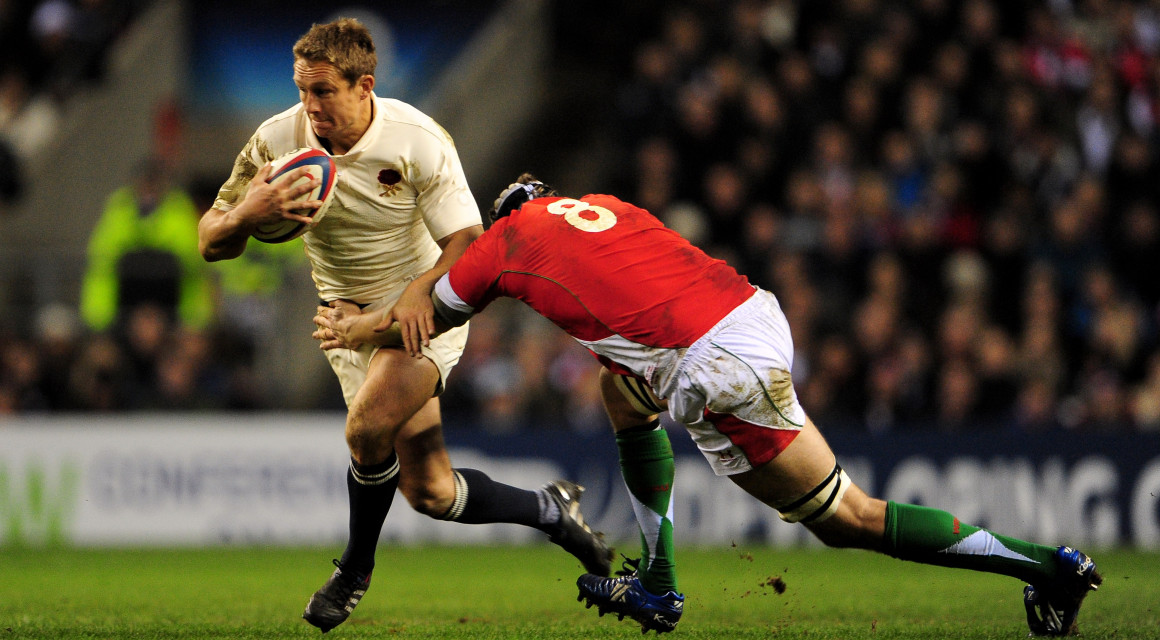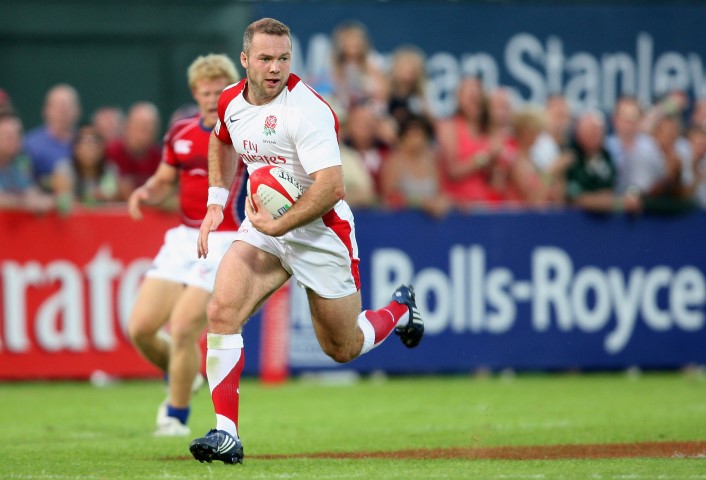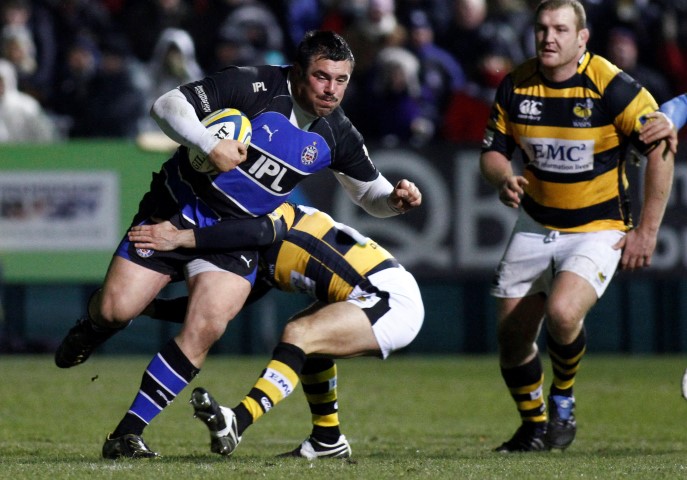Transition
Life is full of transitions, pleasant and unpleasant, expected and unexpected. Some of the transitions professional rugby players experience include:
- From Academy to Senior
- From A League to 1st team
- From healthy to injured
- From contracted to released
- From single to in a relationship to married
- From club player to international
- From popular to unpopular
- From married to separated or divorced
- From Premiership to lower division
- From active player to retired player
- From a professional rugby player to becoming another kind of professional, worker or manager
Top players – indeed all players – will have negotiated some of these transitions, and some will have done this with more successful than others.
Here are some of our top tips for staying healthy and resilient during transitions:
- Look after yourself. Make sure you get enough sleep, eat healthy food, limit your intake of alcohol, avoid recreational drugs, spend time in contact with nature, develop and maintain a hobby, etc. Maybe even cultivate some mindfulness, self-acceptance and self-compassion – treating yourself with kindness.
- Invest in friendships and relationships. Make contact with friends, and create time for them.
- Choose your mind-set. How you respond to unwanted events and situations (injury, suspension, loss of contract, etc.) will make a big difference to how well you come out the other side.
- Clarify your values – what matters most to you in life. And explore how well you are living in harmony with your values from time to time. Make any corrections.
- Discover and use your strengths of character. Many of us know what is wrong with us, our weaknesses and deficits. Fewer people know about their strengths, all the things that are right about them. Knowing what your strengths are, and exploring how you might use these strengths in times of challenge can help you get through and make the best of a bad situation. Not sure? Ask a few people who know you well.
- Learn the skill of ‘reframing’ things. Changing your perspective. Injured and facing surgery followed by several weeks of rehab? How might you use this to develop other skills – public speaking, fundraising, marketing, blogging, charity work, how a club’s finances work, etc.
- Talk with someone about what you are experiencing. Friends, more experienced colleagues you like and trust, family, the RPA, our expert colleagues at Cognacity














